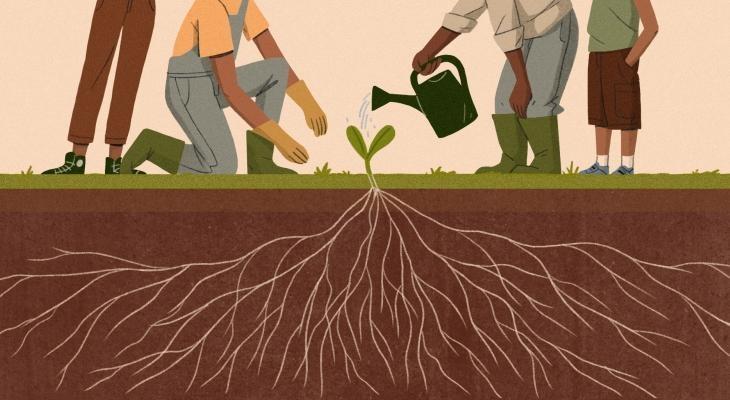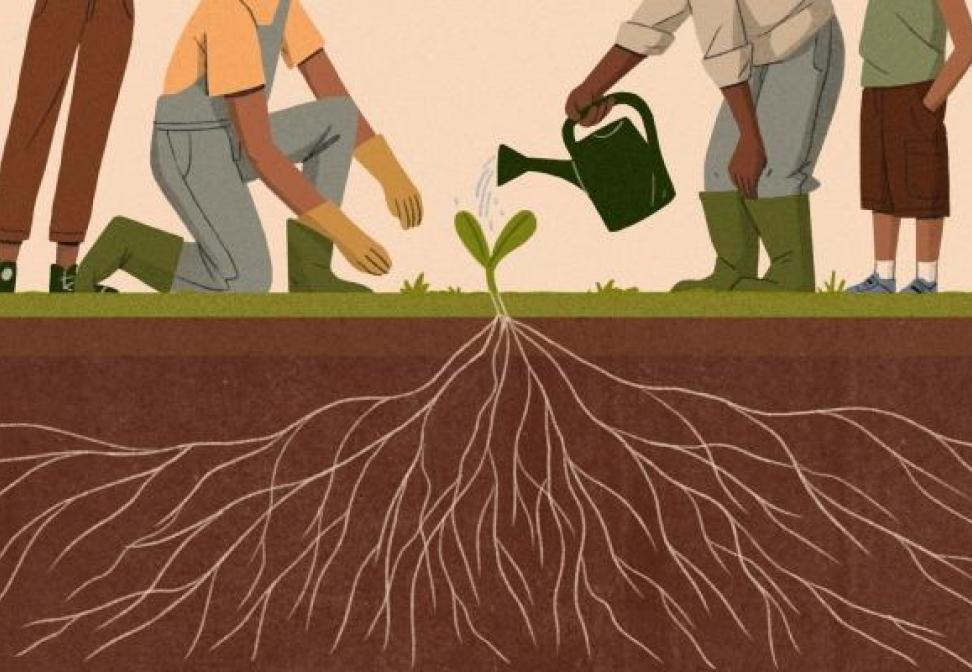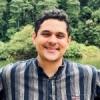A Singaporean Connects with Humanity Through Refugees
My dadi (paternal grandmother) used to tell me bedtime stories of how her family had travelled across the newly formed India-Pakistan border in 1947 and rebuilt their life in India.
She always emphasised the values of hard work, dedication, education as core essentials of life. I have imbibed these as the core tenets of my life as a first-generation naturalised Singaporean, and have practiced communitarianism (social organisation based on small self-governing communities) and charitable work. However, I had always felt a certain disconnect with my roots, my ancestors. What was life like then? Who were they? What circumstances did they have to flee that they left their entire life behind?
In 2017 I began my journey to discover the experiences of refugees first-hand. Since Singapore has not hosted refugees since the Vietnamese boat refugees of the 1970s, I turned to the extensive literature on regional conflicts such as the Rohingya crisis which erupted in 2015 and attended refugee-related events. I further decided to travel to Kuala Lumpur and Jakarta to speak to refugees themselves.
I travelled with apprehension, unsure if I would be able to achieve much or meet anyone at all. And luckily, it all worked out, and I heard their stories, and had meals with the families in person.

The refugees informed me that Indonesia and Malaysia are transit countries being non-signatories to the United Nations High Commissioner for Refugees (UNHCR) 1951 Geneva Convention. Hence, many were waiting for a decade or longer before they were admitted into a resettlement country such as Canada. I came to realise the massive administrative burden on the refugees as they must prove they are being prosecuted in their home country and made to recall their stories to the details several times. I was disturbed at how vividly they recalled sounds of explosions and losing their family members, their livelihoods disrupted because of the colour of their skin or the religion they practice. It was not lost on me that many of whom I was speaking to were teachers, working professionals before the crisis had mounted to a point where it became unsafe to continue living in their country. They sought better living environments and a stable life for their families, and I could not comprehend, even till now, why they are being so heavily penalised for having such dreams. My family as economic migrants had the same dreams coming from India in the 1990s and are now part of the Singaporean community. Why is their treatment so disparate?
I felt heavily for them, and particularly because I realised that their suffering was man-made. They were being made to flee because of threats from certain factions in their home country. And then taking perilous journeys to unknown lands to become a number in a system that is meant to finally give them the life they feel they deserve. I feel that if there is enough willpower, their situation could be resolved. It is my opinion that while we impress on the system to take in more refugees, we should also be putting in the efforts for making stable home countries. Investments in stable governments with strong institutions and a morally upright community, where people do not even need to flee in the first place. It is not an easy choice to flee, and many I have spoken to often express their desire to return to their birth land, even though it is the very place that resulted in their suffering.
I particularly feel for the many who are not able to flee because fleeing costs money. A lot of it. From accounts, I realised that it could cost US$4,000 per person to travel from Pakistan to Jakarta through agents who get you through different countries on falsified visas, etc. It is a precarious journey done with their young children. No one will want to make this journey without excruciating circumstances.
Even in the transit country, refugees make the best out of it. It starts with personal conversations about accepting the situation they are in. Their hands are tied by the structural barriers present and they are vulnerable in the hands of the processes. However, they can exercise their autonomy by providing an enabling environment for their community. Through remittances received from their relatives in Dubai, among others, some can carry on paying for rents for Indonesian homes and continue their community life. Through sheer willpower they have created community-run schools, karate institutions and arts-based clubs. While these are usually conducted in the market based on a transactional model, they have made it into a community activity, a reason for everyone to come together and channel their strengths.

It is a long, arduous journey that lies ahead for refugees. I have learnt a lot about life by living with them, hearing the stories, and sharing these with the public. I have done so through a documentary, refugee experiential trails and volunteering for events as the opportunity arose. It gave an opportunity for me to connect with the larger humanity that exists and is needed in a world where there are no clear answers and many struggle around conceptions of what home is.
(Illustration: Ng Yin Shian)






